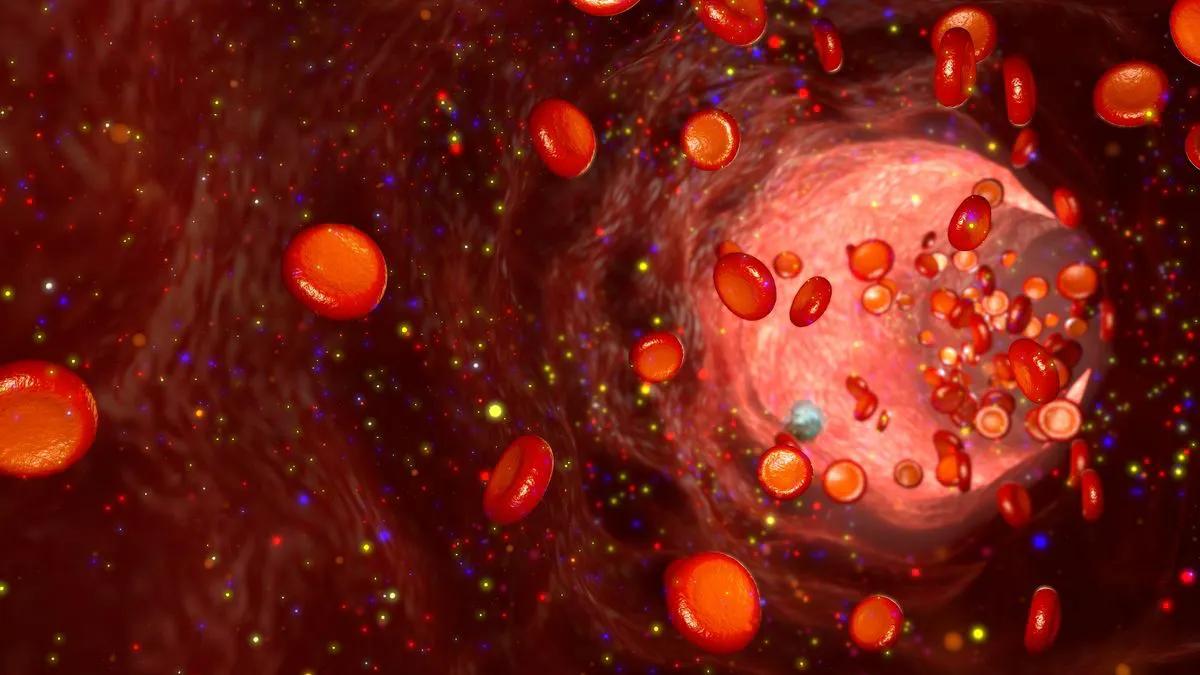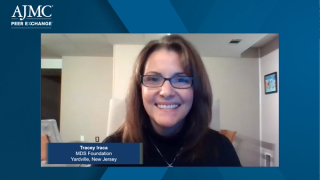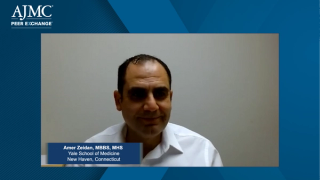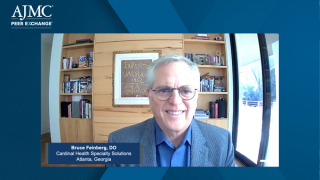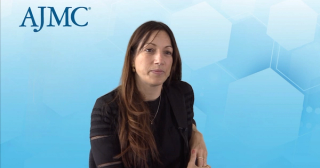
Myelodysplastic Syndromes
Latest News
Latest Videos

CME Content
More News
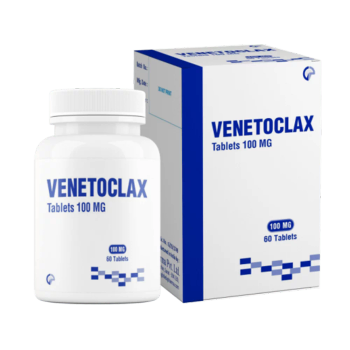
There is no standard treatment in acute myeloid leukemia (AML) or myelodysplastic syndromes (MDS) for patients who have a relapse following allogeneic hematopoietic cell transplantation.
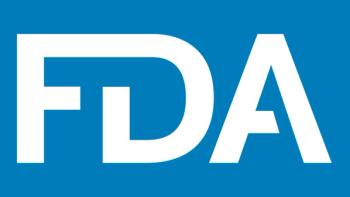
The targeted therapy already has indications in acute myeloid leukemia.
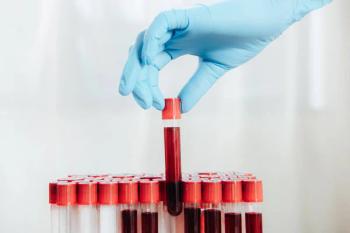
Investigators from China used circulating tumor DNA testing alongside bone marrow assessments to evaluate patients' pretreatment and posttreatment disease levels and to track the course of the disease.

The phase 3 ENHANCE trial evaluating the first-line combination of magrolimab and azacitidine vs placebo plus azacitidine in patients with higher-risk myelodysplastic syndrome has been discontinued due to futility at a planned analysis.
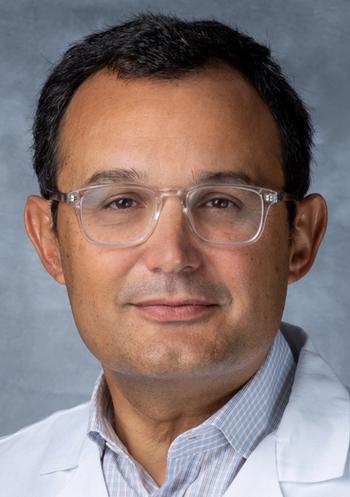
An overview of the 2023 recommendations on myelodysplastic syndromes by Guillermo Garcia-Mareno, MD, of MD Anderson Cancer Center, appears in the August issue of the American Journal of Hematology.

Investigators will submit data from the phase 3 ENHANCE trial evaluating magrolimab plus azacitidine in higher-risk myelodysplastic syndromes for presentation at a future medical meeting.

The findings suggest that circulating N-terminal pro-B-type natriuretic peptide and growth differentiation factor-15, both soluble biomarkers of cardiovascular disease (CVD), may be indicators of the course of myelodysplastic syndromes (MDS) and outcomes.
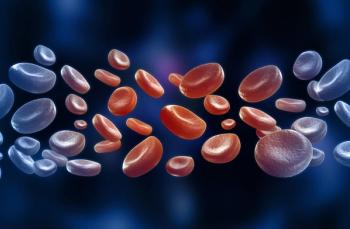
The occurrence of treatment-related myelodysplastic syndromes (MDS) or acute myeloid leukemia (AML) after autologous hematopoietic cell transplantation (HCT) for multiple myeloma was associated with aggressive disease characteristics and poor outcomes.

A well-regarded tool for predicting prognosis in myelodysplastic syndromes is updated to incorporate mutations and tested with real-world data.
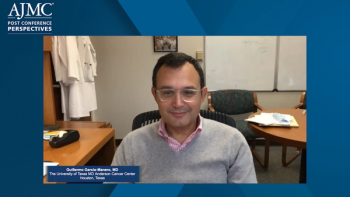
In his closing thoughts, Dr Garcia-Manero provides an overview of the treatment management approach for patients with MDS.

Treatment strategies for patients with lower-risk MDS are examined.

Dr Garcia-Manero discusses the effects of TP53 mutation in patients with MDS.
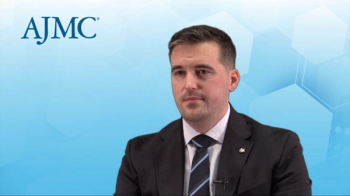
Patrick Reville, MD, MPH, instructor, Department of Leukemia, MD Anderson Cancer Center, explains the implications of the longer-term follow-up of venetoclax in combination with the chemotherapy regimen cladribine, high-dose cytarabine, idarubicin (CLIA) and how age is a factor when considering chemotherapy options.
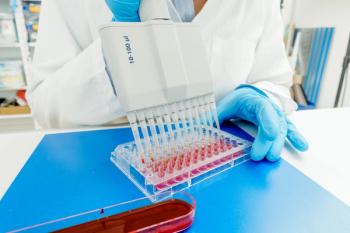
The relationship between aging and molecular profiles in myelodysplastic syndromes (MDS) is not well understood, but the findings suggest that different genetic alterations have distinct prognostic implications in different age groups.

Patrick Reville, MD, MPH, instructor, Department of Leukemia, MD Anderson Cancer Center, elaborates on how certain patients responded to the updated treatment regimen.
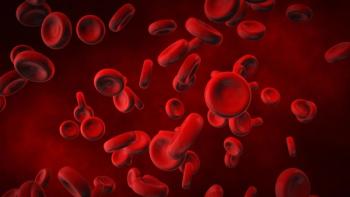
The 2022 European Hematology Association (EHA22) Congress convened June 9-12, 2022, in Vienna, Austria, and presented cutting-edge findings in hematology, including the potential of artificial intelligence, new treatment combinations in myelofibrosis, and more.

Guillermo Garcia-Manero, MD, highlights the ASCERTAIN trial in his opening thoughts surrounding MDS in this ASH 2022 post-conference perspective.

A recent meta-analysis found ASXL1 mutations to be independent risk factors for worse overall survival and transformation to acute myeloid leukemia in patients with myelodysplastic syndromes (MDS), as well as worse overall survival in acute myeloid leukemia (AML).

Patrick Reville, MD, MPH, instructor, Department of Leukemia, MD Anderson Cancer Center, discusses findings on an updated treatment regimen for newly-diagnosed acute myeloid leukemia and high-risk myelodysplastic syndrome.

Authors of the observational cohort study developed and validated novel sex-informed prognostic and genomic scoring systems for patients with myelodysplastic syndrome (MDS).

A recent review emphasizes a need for novel therapies, summarizes current phase 3 clinical trials, and suggests several considerations for future trials in high-risk myelodysplastic syndromes (MDS).

Key opinion leaders provide their final thoughts on treatment management for patients with MDS.

The expert panel looks to future treatment management for patients with myelodysplastic syndrome.

Unmet needs in MDS treatment management are proposed by Salman Fazal, MD.

Dr Haumschild leads a discussion regarding cost-associated burden for patients with MDS.
